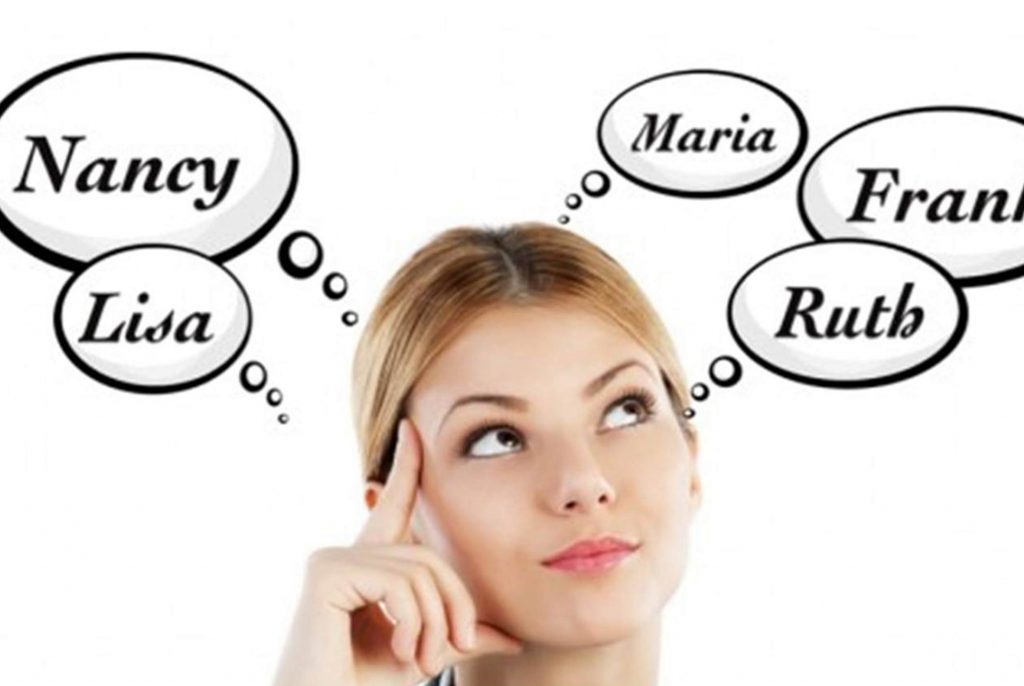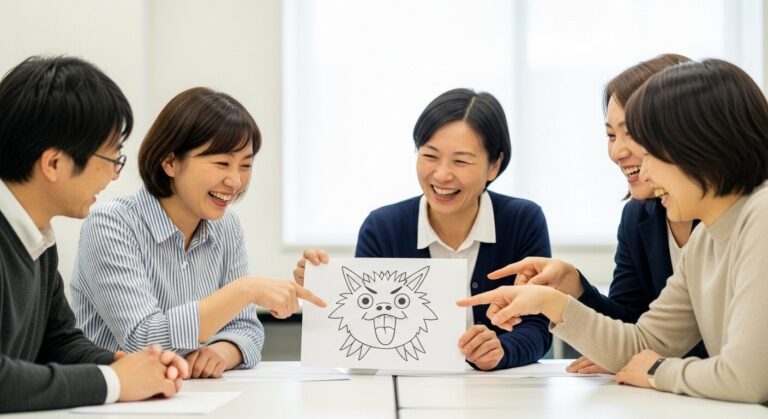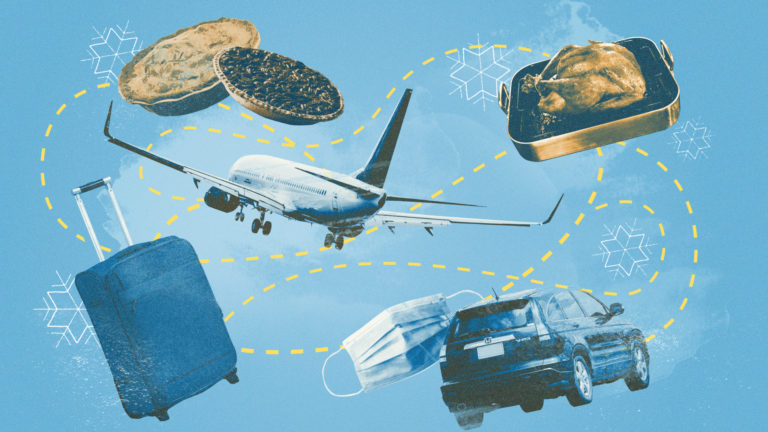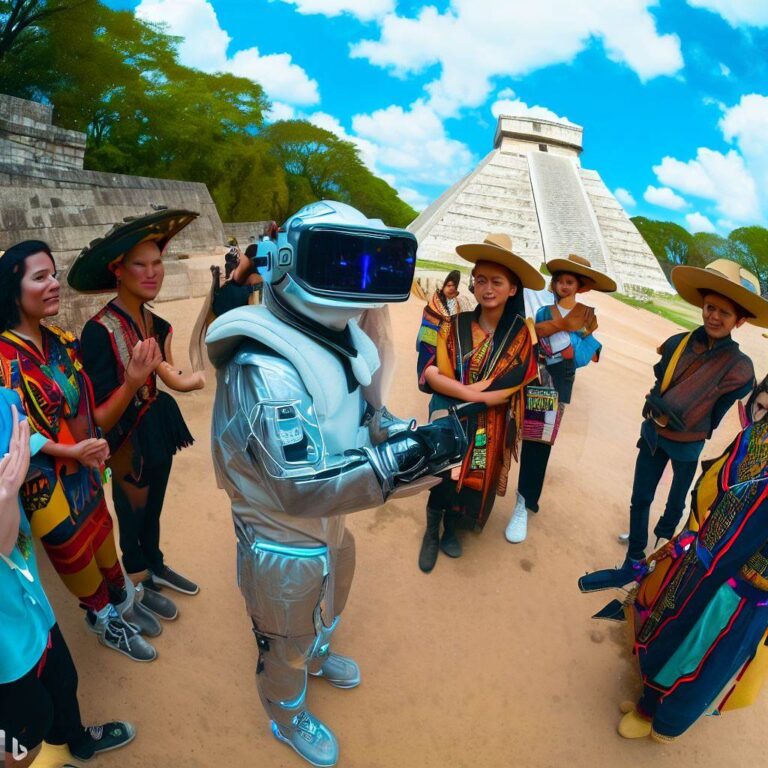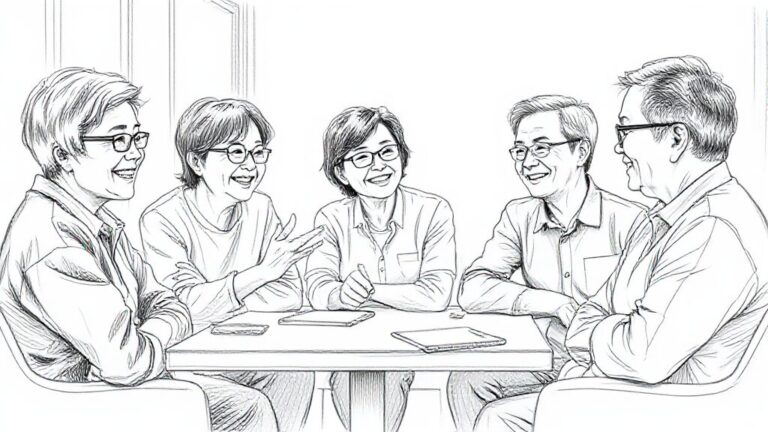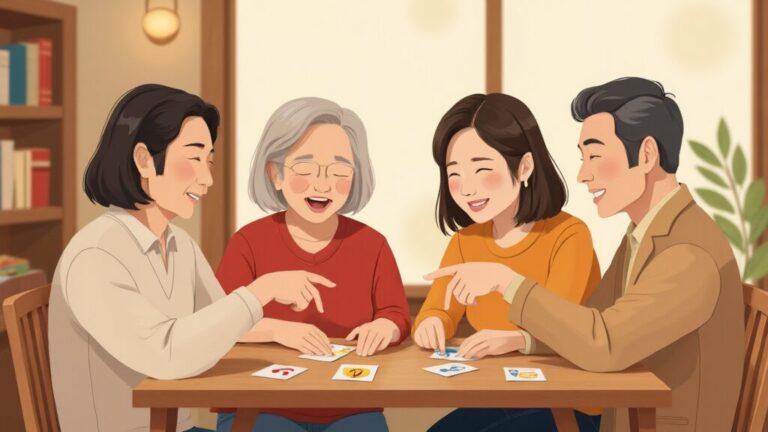2024-04-19 Remembering Names
By the end of this lesson, we will get to know each other and remember each other’s names.
Class Materials
Why do we often forget people’s names?
- You’re just not that interested.
- “People are better at remembering things that they’re motivated to learn. Sometimes you are motivated to learn people’s names, and other times you don’t think it’s important.”
- You underestimate the work necessary to remember something as seemingly simple as a name.
- Common names are be forgettable because they’re not interesting, or because you already know many people with that name.
- A rare name may be easy to recognize but harder to recall.
- Any name, common or not, has to fight for space in your already-crowded brain.
How to remember names
- Test yourself on the name a few seconds into the conversation and a few minutes in.
- The act of testing yourself on the name will help you retain it better in the long term.
- Try to use that person’s name in conversation a few times to help the name stick.
- Repeat the person’s name after they say it may trigger a more powerful effect than listening alone.
- If you generate something, it’s easier to remember than if you just passively take it in.
- If you do forget, recall the moment you met somebody — the setting, other things you talked about and so on — to retrace your steps.
- Try a mnemonic device.
- Find something distinctive about the person or their appearance, and relating it back to their name.
- You might remember Walter as “Walter the Writer” or John as “John the Jogger.”
- Create associations linking the name to the person’s face/appearance.
- A character/person you already know with that name
- Something about their appearance that reminds you of the name
- Background information/conversation points you learned about them
- The more associations you can make between the name and the person, the better you’ll remember.
Citations:
- A Neuroscientist Taught Me a Remarkable Trick to Remember People’s Names
- Neuroscientist Charan Ranganath on why we’re thinking about memory all wrong
- Dr. Charan Ranganath on the Myths Surrounding Our Memory and the Power of Remembering Better, Not More
- The Nuances of Memory with Charan Ranganath
- How to Remember People’s Names – Lifehacker
Activity: Talk for a minute about…
1. Personal
- What you do in your free time
- Your daily routine
- A childhood memory
- A mistake you learned from
2. Ambitions/Goals
- A skill or talent you wish you had
- A bad habit you’d like to break
- If money was no object, what dream would you pursue?
- A job or career you’d love to try
3. Experiences
- Your first job
- A happy or proud moment in your life
- A challenge or obstacle you have overcome
- A memorable travel experience
4. Possessions/Material
- Your favorite possession
- Something you want to buy
- A useful app or technology you enjoy using
- If you could only keep 3 possessions, what would they be?
5. Relationships
- The people you live with
- What qualities make a good friend?
- Someone you know who you admire
- A childhood friend you’d like to reconnect with
6. Opinions/Beliefs
- A critical problem facing the world today
- Something people do that annoys you
- A law or rule you disagree with
- A personal philosophy or motto you try to live by
7. Hobbies/Interests
- A hobby or interest you have
- Your favorite outdoor activity
- An animal you find interesting
- A TV show or move you would recommend to others
8. Food
- Your favorite foods
- An ingredient you dislike in most dishes
- A exotic or unusual food you’ve tried
- Favorite restaurants in your city
Activity: Associate names with appearances
Working with your group partners, make multiple vivid, personal associations for each classmate’s name and appearance to make the names more memorable. The bizarre/creative the association, the more effective it will be.

